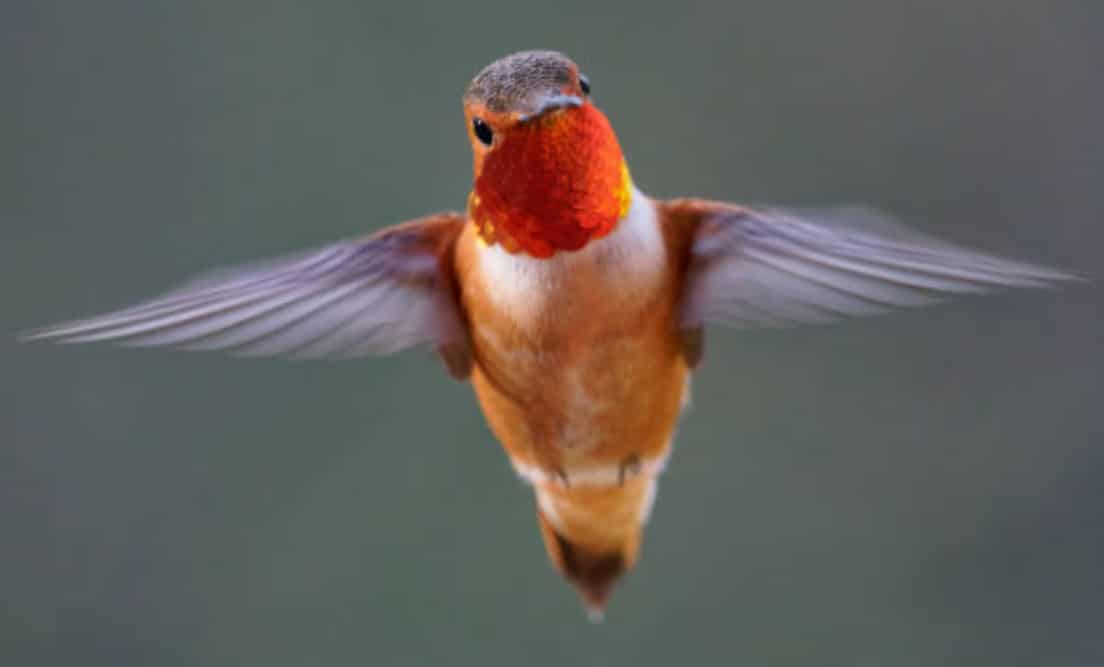April showers bring May flowers to the Magnolia State as well as the tiny buzzing and treasured hummingbirds.
These little birds are landing in Mississippi searching for red buckeye and azalea shrubs, and many Mississippians can’t wait to fill up their feeders with a sugary concoction to catch a glimpse of those amazing little wings.
Hummingbirds are mainly attracted to the bright shades of scarlet and fuchsia which are why hummingbird feeders are typically red. While commercially made hummingbird feeders are perfectly acceptable to the little critters, it can be easy and less expensive to make your own with any sort of glass jar.
Here’s what you’ll need:
- A glass jar
- Red plastic office folder
- Pen or marker
- Scissors
- Hole puncher
First, remove the original band and lid from the jar. Next, place the original lid down on the red plastic folder and trace a circle around it. Use scissors to cut out the circle. Punch four equally-spaced holes in the center.
For such small bodies, hummingbirds have a big appetite. Because they spend so much energy flying, the little birds typically consume more than 50 percent of their body weight in nectar every day.
And nectar can be homemade just as easily by mixing one part refined sugar with four parts water, boiling to dissolve the sugar and prevent fermentation, cooling, and filling your feeder. It’s important not to use red food coloring, brown sugar, honey, or sugar substitutes. Be sure to place feeders in the shade to help slow the fermentation and growth of algae in the feeder.
Once the homemade nectar is cooled, fill the jar and place the red plastic insert in the lid and screw them both on top. Place the jar on a level surface such as a deck railing or outdoor table.
Glass jars are recommended because they are easier to keep clean but you can also use any plastic jar with a red lid such as a peanut butter or spice jar, just be certain the clean it well.
And if you’re brave and the hummingbirds are friendly, try holding the jar and letting the tiny birds eat out of your hand.
With a little planning, your yard, front porch, or garden can become a haven for hummingbirds, just be prepared to refill your feeders often and watch out for flybys.
Do you have hummingbirds that return to your yard or garden year after year? Drop us a photo of your annual visitors on our Facebook page. We’d love to see them.




